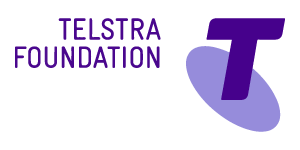
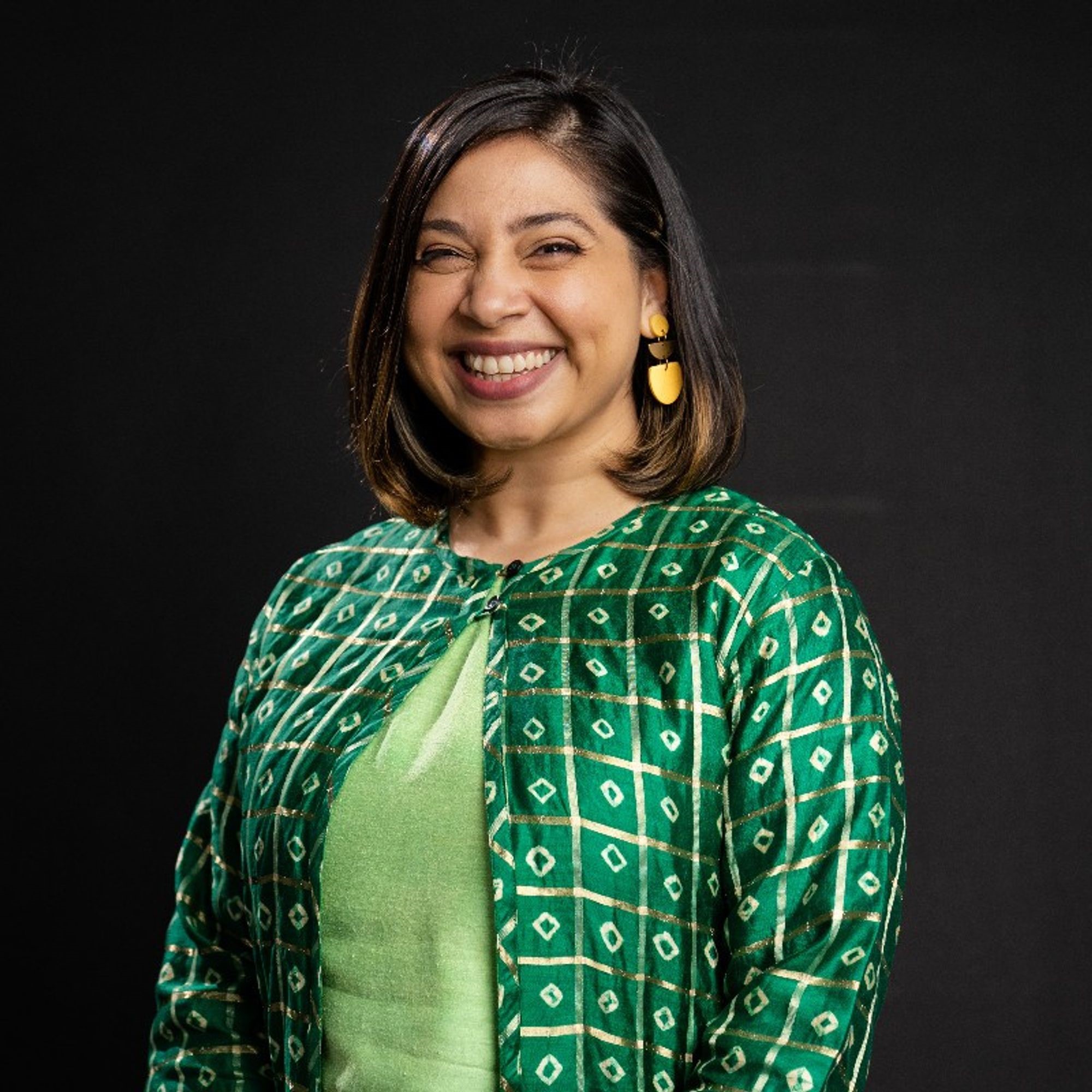
Priyanka Ashraf
Founder and Director, The Creative Co-Operative & Founder, Maya Cares
Priyanka Ashraf is a Muslim woman from Bangladesh who previously worked as a lawyer before transitioning into technology and entrepreneurship in establishing The Creative Co-Operative, or The CCO.
The CCO is the first 100% Woman of Colour owned, led and operated social enterprise in Australia working to close the intersectional and intergenerational wealth gap by supporting Aboriginal and Torres Strait Islander, Black and Women of Colour in building shared economic power and improving access to mental health and wellbeing. The CCO delivers a scholarship-based entrepreneurship program called Anyone Can and has just released a free community mental health and wellbeing platform called Maya Cares.
The CCO is a young organisation employing people and engaging third party suppliers from the communities we serve, in performing our work. Revenue generated is reinvested and redistributed to support The CCO's community initiatives.
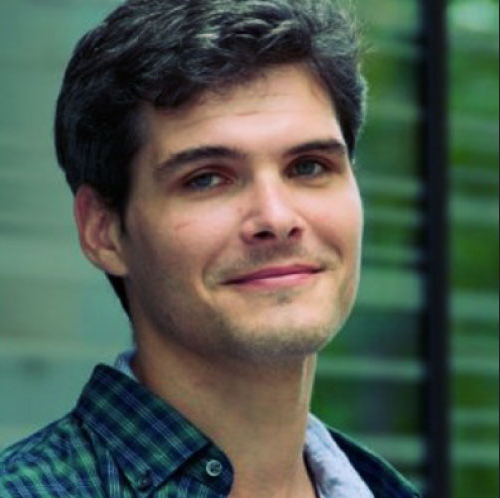
Harrison Ball
Co-Founder and CTO, Performl
Harrison Ball is the Co-Founder and CTO of Performl, a software company that helps empower everyone with the data to end disadvantage and improve people's lives. Harrison, alongside sibling Co-Founder and CEO Loki Ball, co-designed Performl with some of Australia's leading social services in early 2022. Now a growing number of non-profits, for-purpose organisations and government agencies use Performl to address unmet need and help solve preventable disadvantage.
These data brothers are driven by their lived experience and youngest sibling who has a significant disability, but was unable to fully use his NDIS support plan. He has funding for specialist accommodation but it didn't exist. No one had built it because the data about who needed what housing couldn't be found.
The data to answer these questions are contained in millions of Excel tables and unstructured datasets like PDF documents and journal articles. Performl has developed technology to classify and organise this enormous volume of information so that it can be used for good by anyone, everywhere no matter their data literacy.
Performl's vision is to create breakthroughs in human knowledge about people's needs and solutions to preventable disadvantage. We want to provide everyone working in this area - including citizens and consumers - a powerful, user-friendly and affordable way to understand unmet need and solutions to this problem.
Before starting Performl, Harrison led research and development teams at two of the world's leading quantum technology startups. Harrison has a PhD in quantum physics. Loki previously worked as Chief of Staff to three social services Ministers, in social sector management consulting, and in state and federal government working on social policy.
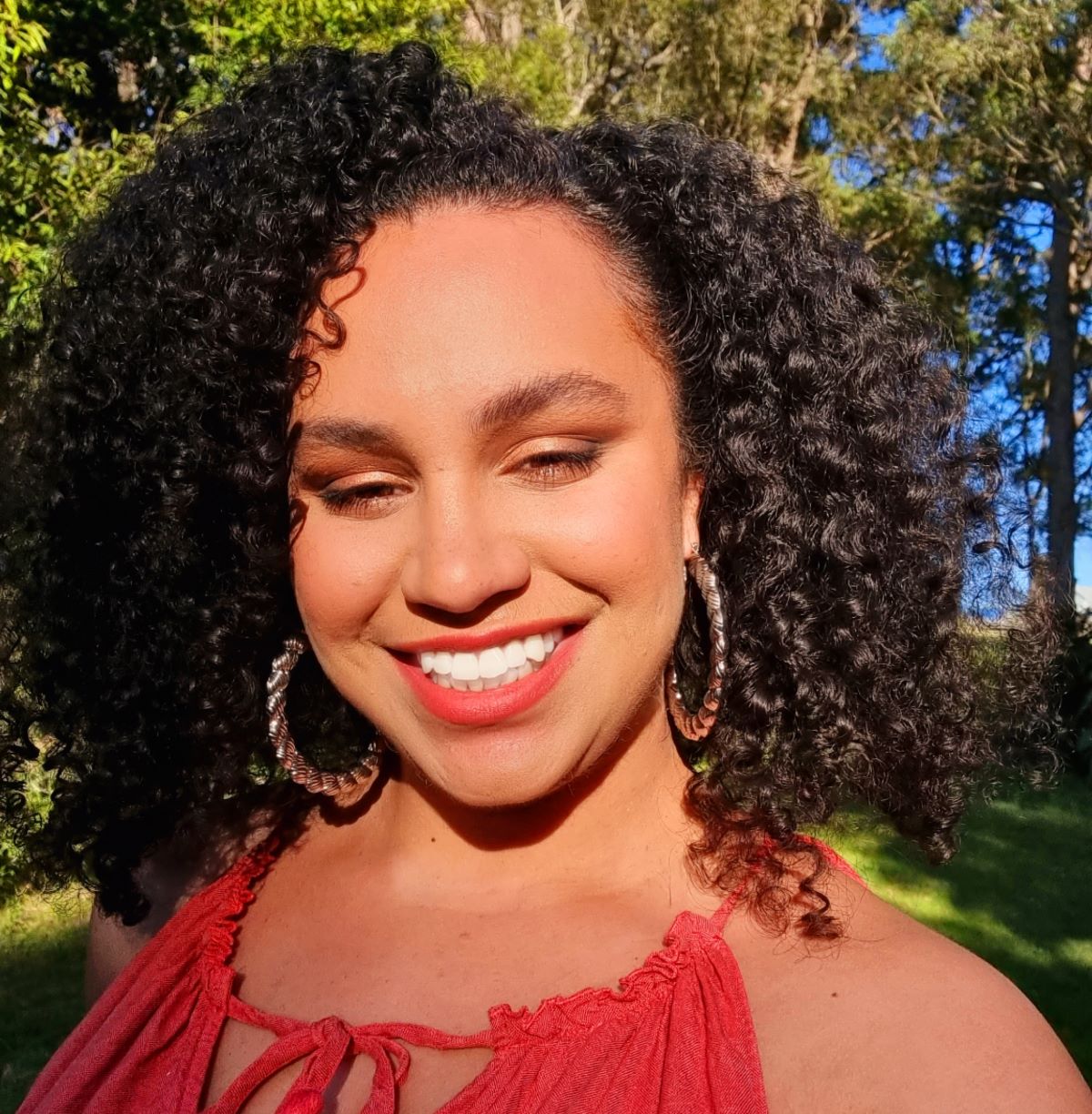
Celeste Carnegie
Manager of Community Programs & Engagement, Indigitek
Celeste Carnegie is a Birri Gubba Juru, South Sea Islander woman and the Manager of Community Programs & Engagement at Indigitek.
Celeste endeavours to champion the ideas and build platforms for Aboriginal and Torres Strait Islander people across these great lands and seas, with the hopes of building capability and confidence. She is passionate about digital inclusion and empowering young people to achieve their goals in technology and beyond.
Celeste has over ten years of experience engaging successfully with Aboriginal and Torres Strait Islander communities. Building relationships and working collaboratively to support program development and effective governance. Celeste currently uses her expertise to provide access and support with STEAM education and the digital upskilling of communities across the nation.
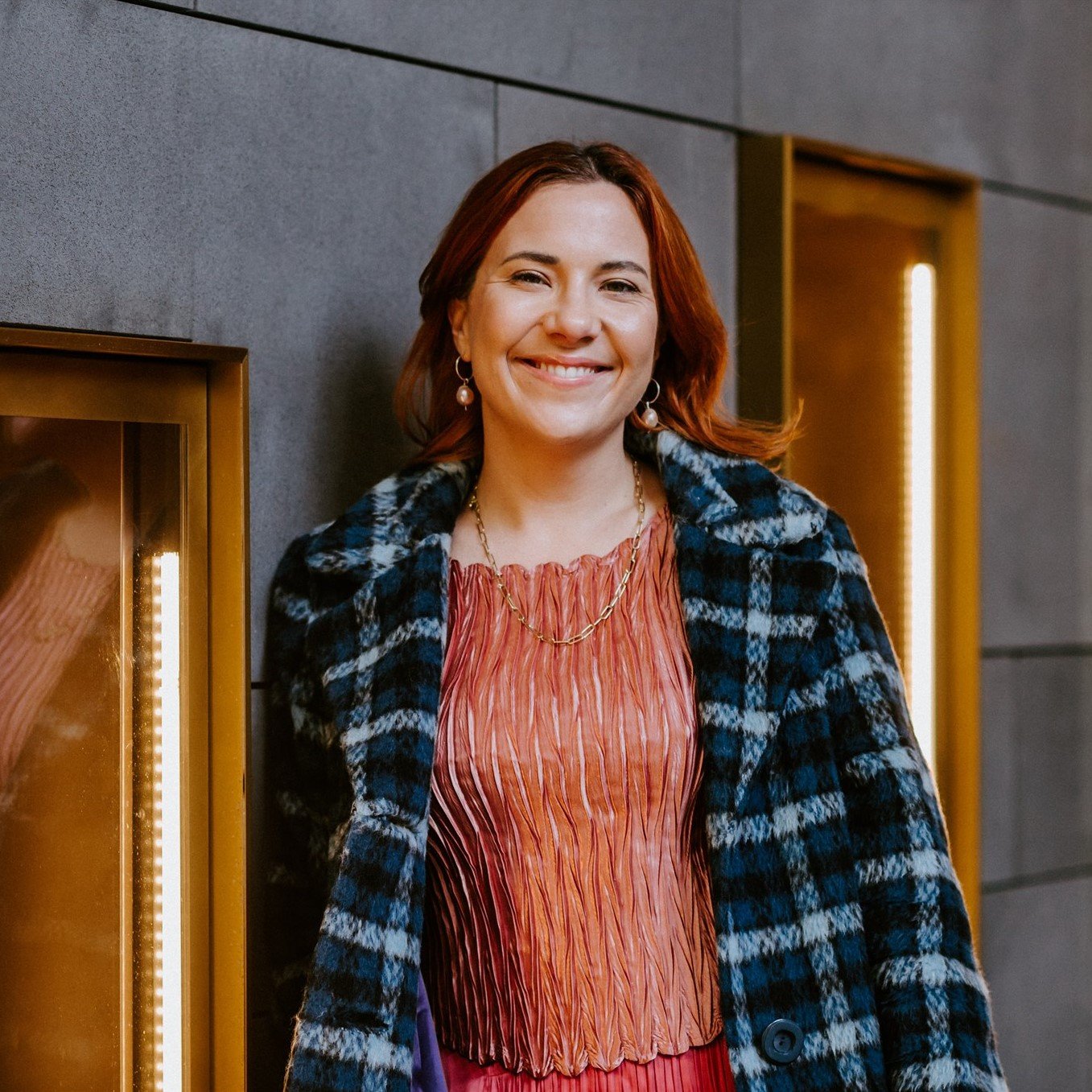
Zoë Condliffe
CEO and Founder, She’s a Crowd
CEO of She’s A Crowd. Zoë started her first social enterprise in rural Cambodia and has since gained experience across the university, NGO and start-up sectors, becoming an outspoken leader in the social change sector. Zoë is listed on the Victorian Honour Roll of Women, and has been named one of the Top 100 most influential, creative and provocative people in Melbourne by The Age, one of the Women’s Weekly Women of the Future for Innovation and Technology in 2019 and her company was listed on the Smart Company Smart30 List for in 2018 and 2019. She has also been the winner of multiple pitch competitions including the City of Melbourne Knowledge Week International Prize. She is a SheStarts alumni, and was sponsored by Google for Startups to travel to San Francisco to participate in the Blackbox Accelerator Program. She was a Young Social Pioneer with the Foundation for Young Australians, and she is a Finalist for the Victorian Young Achiever Awards 2020.
In 2016 Zoë started working in gender and youth advocacy for Plan International Australia, where she pioneered the digital crowdmapping tool for street harassment, Free To Be, the Youth Activist Series and Girls’ Walks. From there she decided to start her company She’s A Crowd, to leverage the power of storytelling to address the gender data gap.
She's A Crowd is the biggest geospatial dataset of sexual assault and gender-based violence in the world and has collected upwards of 100,000 reports from survivors. She's A Crowd works with local governments, the transport sector and other decision-makers to support them to make cities safer for women and gender-diverse people. She's A Crowd is the National Winner for the Telstra Best of Business Awards, 2022.
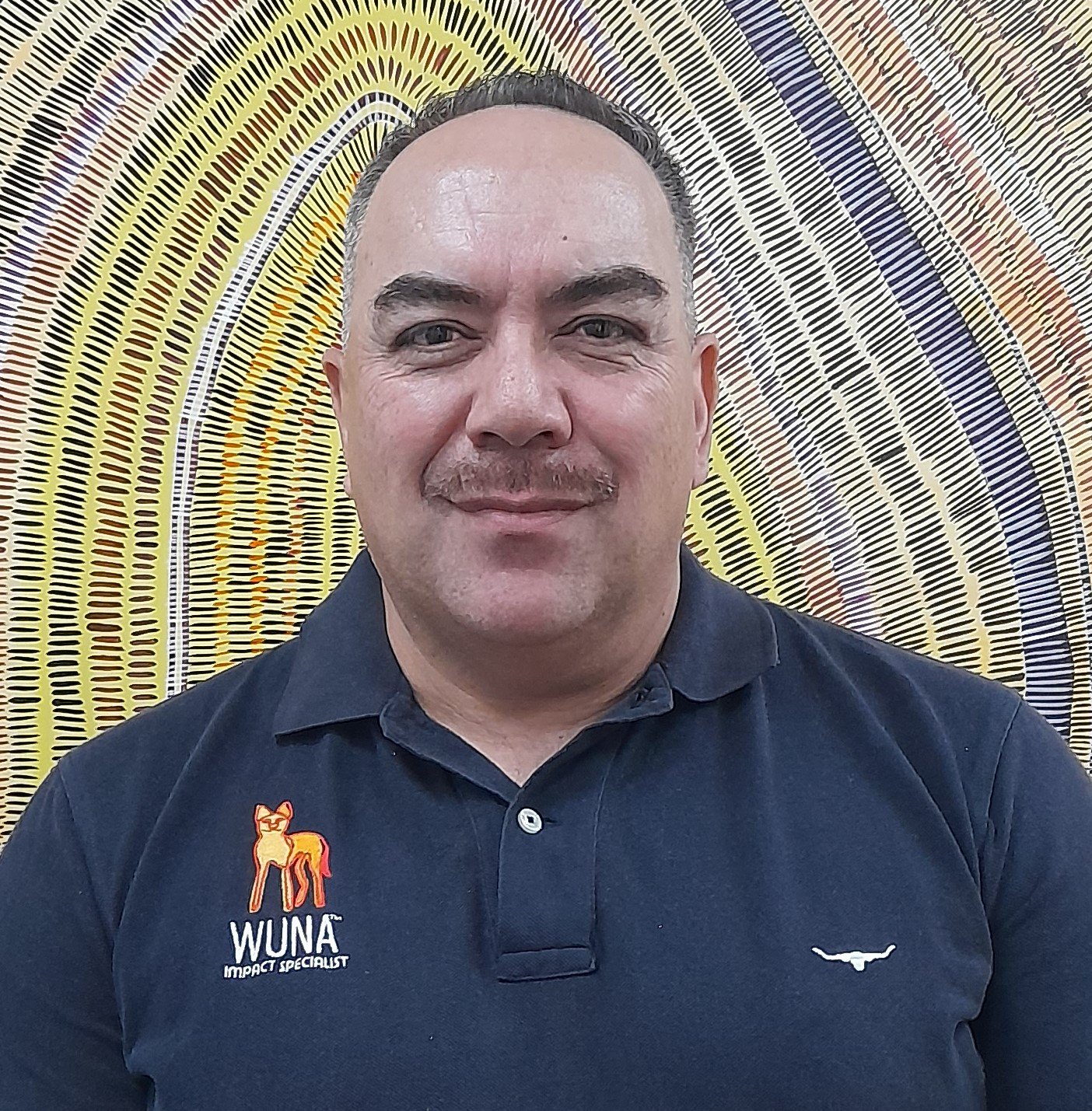
Jason-Urranndulla Davis
Founder, Hold Access (WUNA)
Jason-Urranndulla Davis is the sole founder of Hold Access (WUNA) an Indigenous tech company with impact. He is a first nations Aboriginal man whose cultural background connects him to a corridor from central Australia into the Gulf country made up of Eastern Aranda, Kalkadoon, and Waanyi Nations. His passion for his people and culture, has led him to adapt an ancient technology more than 60,000 years old called the message stick – he has adapted digitally for the modern-day. In such a short time frame Hold Access (WUNA) has reached significant national achievements bound to transform Self Determination Digitally-SDD.
Jason’s career expands more than 30+ years leading Indigenous Policy and Planning; Community Liaison; Program Evaluation and Indigenous Leadership. Experience working for Indigenous Community Control, State/Territory Gov’s, and Commonwealth Government. With numerous qualifications in Community Management; Global Auditing; Justice/Criminology; double major in Penology (study of the prisons) & Global Security and Intelligence; Admin/Community Management; a Master of Global Public Health. He has built a powerful niche in diversity identification and information equity that can be wholly distributed through his WUNA - Diji Wallet humanity solution. Shifting the narrative by innovating human first technology with WUNA – Indigenous word: meaning the ability to make informed choices. Improving identity standards with 100 points of Aboriginality. Set to transform digital accessibility by connecting the two worlds Digital and Physical… to leave no one behind in the current day.
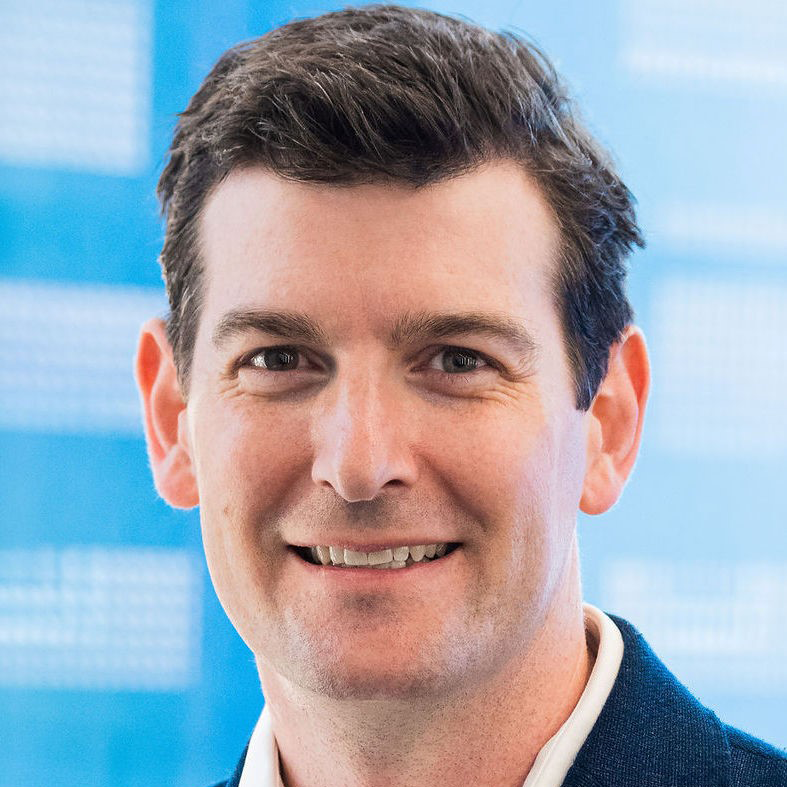
Prof. Nicholas Davis
Co-Director, Human Technology Institute
Nicholas Davis is Co-Director of the Human Technology Institute (HTI) and Industry Professor of Emerging Technology at UTS. HTI develops tools, policies and skills to support human-centred approaches to the planning, design, development, deployment, oversight and regulation of emerging technologies. Nick has over 20 years’ experience as a legal and strategy professional focusing on strategic foresight, innovation management and technology governance. He was previously Head of Society and Innovation and a member of the Executive Committee at the World Economic Forum in Geneva, Switzerland, responsible for developing the theme of the Fourth Industrial Revolution and overseeing cooperative technology policy efforts around the world. With Klaus Schwab, he is co-author of “Shaping the Future of the Fourth Industrial Revolution” and author of more than 50 academic papers, insight reports, articles and books. Nick sits on a range of advisory boards and committees, including AICD’s Innovation and Technology Governance Panel, ASIC’s Consultative Panel and the ISO subcommittee responsible for developing global standards for artificial intelligence. Nicholas is an Associate Fellow at the University of Oxford’s Saïd Business School and hold degrees from the University of Sydney and University of Oxford
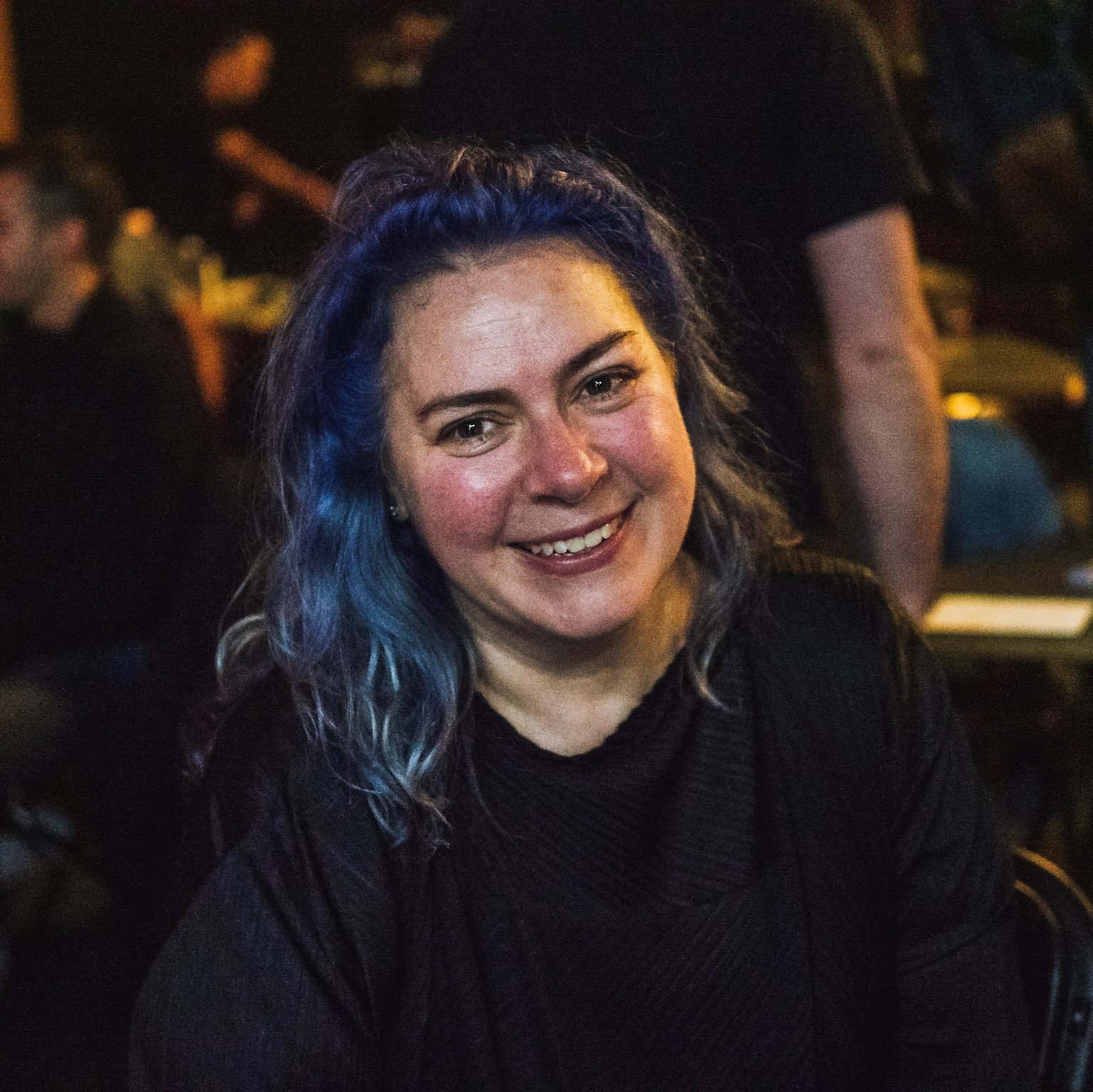
Bridgette Engeler
Senior Lecturer, Swinburne School of Business, Law and Entrepreneurship
Bridgette Engeler is a pracademic working across entrepreneurship, design-led innovation, strategic foresight and culture. Prior to joining Swinburne, she worked in brand, design and innovation strategy for over 20 years. Her PhD investigates the intersection of design and foresight, and ways to bring futures literacy into design praxis to curtail the dominant discourse of short-termism, normativity and material culture. She’s interested in the potential of post-growth innovation and futures-led design to tackle the many challenges ahead. Recent projects include collaborating with a global consortium of women futurists to design a feminist futures framework for IWDA, public participatory futures installations in Melbourne and Hong Kong, researching viability of VR and AR wearables for people with early-onset dementia, investigating the challenges of self-sovereign identity, and exploring ways to use technology and new materials in designing condoms and other devices to support sexual and reproductive health.
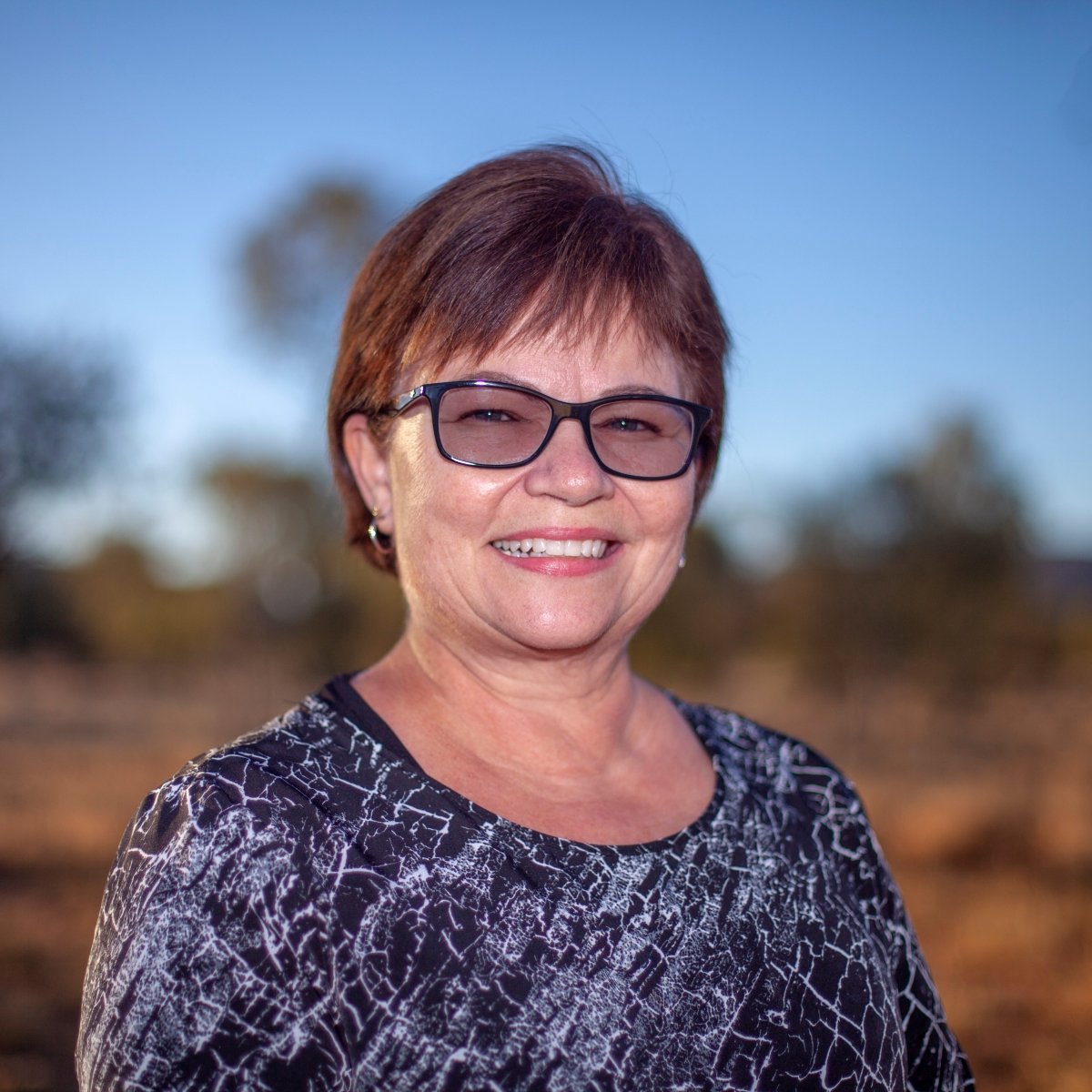
Lauren Ganley
Head of First Nations Strategy & Engagement, Telstra
Lauren Ganley is the Head of Telstra’s First Nations Strategy & Engagement where she leads the strategy and ongoing governance of engagement with First Nations peoples and communities across Australia.
Lauren’s work involves providing strategic advice, leading programs and business activities to improve digital and social inclusion, and advocating for better outcomes for First Nations peoples and communities.
Lauren sits on several boards including Kakadu Tourism, Batchelor Institute of Indigenous Tertiary Education, Community First Development and AGENCY. Lauren is a graduate and Fellow of the Australian Rural Leadership Foundation, and a graduate of the Australian Institute of Company Directors.
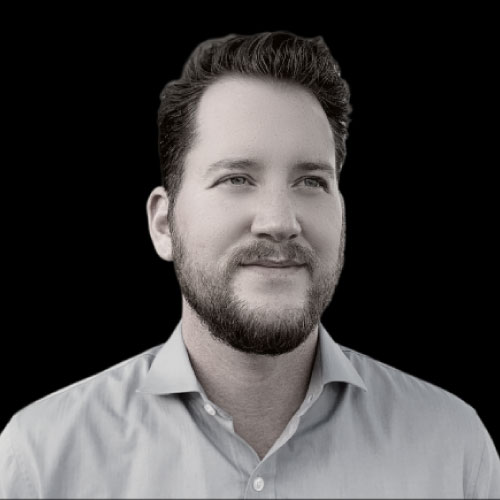
Joseph Glesta
Co-Founder and CEO, Climasens
Joe Glesta is helping build climate resilience in our world through technological innovation. He is a passionate sustainability and technology professional with a diverse array of skills focused on digital innovation, service design, stakeholder engagement and business strategy. Over the past decade, he has worked in a multitude of positions that have allowed him to work in the climate sector and technology, enabling him to understand what it takes for these two megatrends to combine and improve the planet.
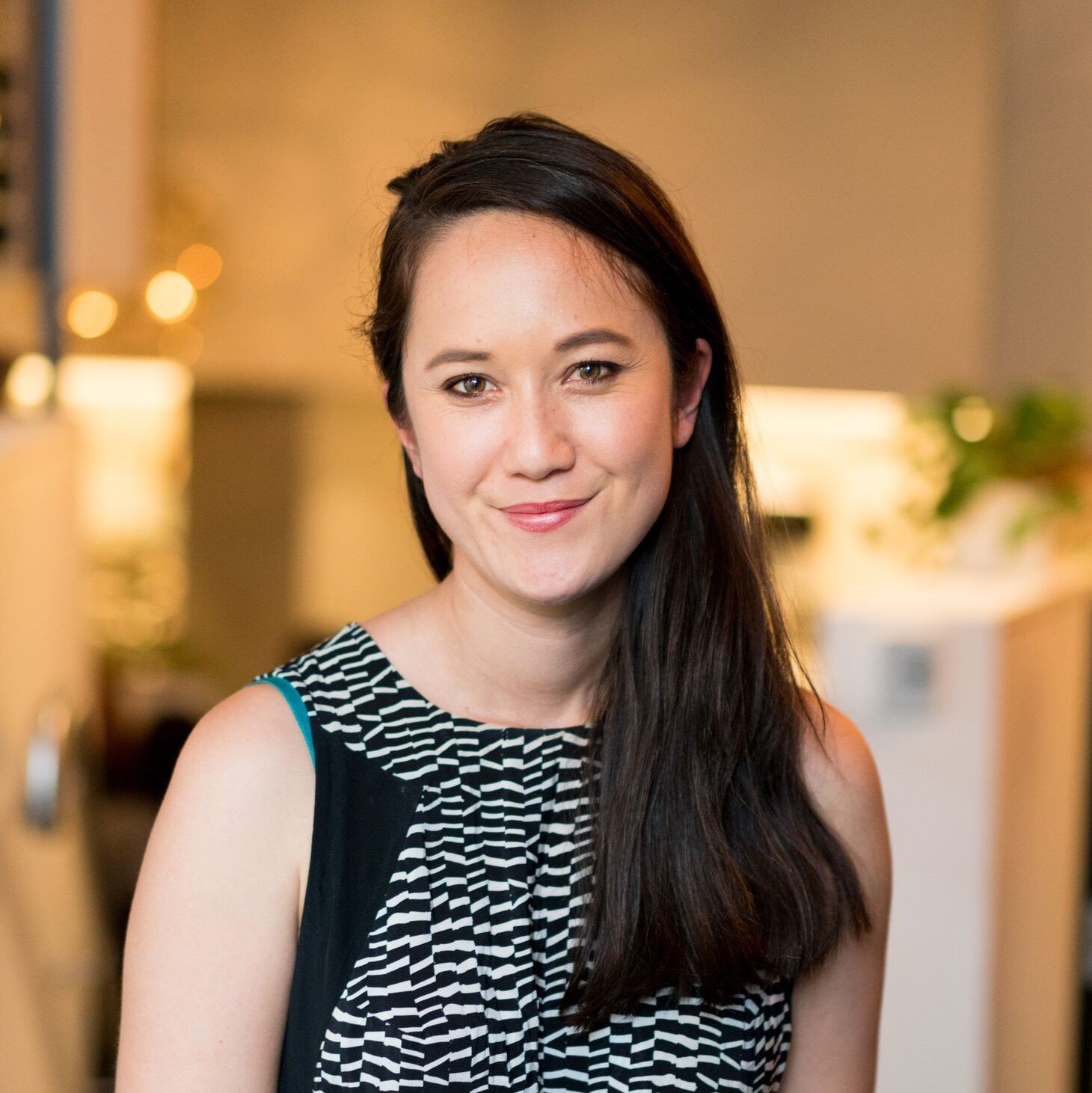
Julia Goodall
Strategy and Impact Manager, Humanitech, Australian Red Cross
Julia Goodall is the Strategy and Impact Manager of Humanitech, an innovation initiative of Australian Red Cross leading a humanitarian approach to emerging technology, where she strives to achieve strategic clarity, develop deep collaboration and create impact for people and communities facing humanitarian challenges.
An experienced humanitarian practitioner and innovator, Julia has managed Red Cross’ humanitarian response to COVID-19, led the South Australian Emergency Services team and launched youth resilience co-design projects into the Emergency Management sector.
Her strategic governance experiences include leading youth organisation Big Week Out and serving as Vice President and Board Director of YWCA Australia.
Julia is inspired by the power of applying intersectional and lived experience perspectives to social impact strategy and design.
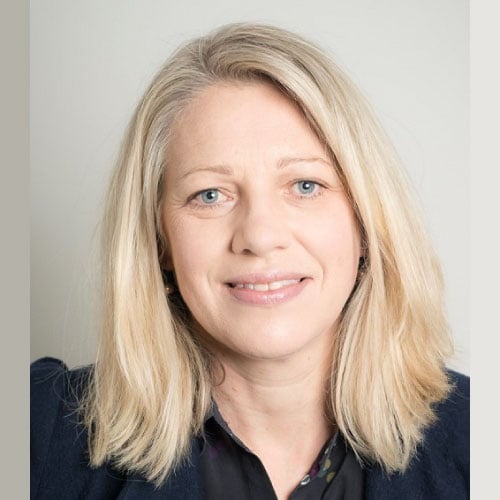
Penny Harrison
Chief-of-Staff, Australian Red Cross
With nearly 25 years’ experience in executive and leadership roles in the humanitarian sector, both in Australia and Internationally, Penny Harrison is known for being curious, constantly looking at futures trends and working out what this means for today such as the future of volunteering and how people take action for good, harnessing the transformational power of frontier technologies to solve complex humanitarian issues, and the value of social innovation.
Drawing from her breadth of experience in Australia and internationally, along with good doses of passion and optimism, Penny strives to build collaborations across sectors including academic, business and not for profit with individuals and communities knowing that this is what it takes to effect system and social change.
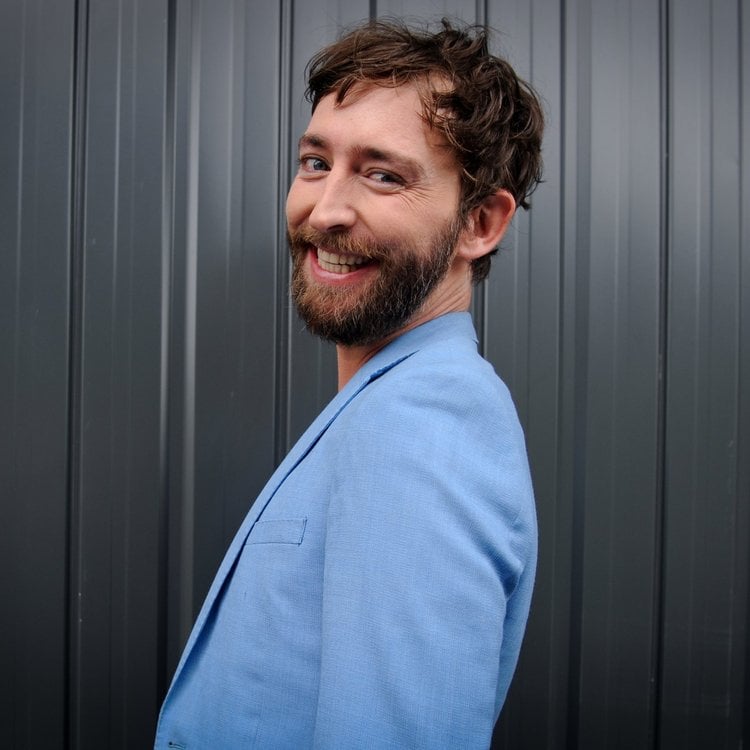
Tané Hunter
Co-Founder, Future Crunch
Tané Hunter is a cancer researcher, bioinformatician, and science communicator. He is a co-founder at Future Crunch. He has a Masters in Bioinformatics from the University of Melbourne, and has worked for the Melbourne Royal Children’s Hospital diagnosing rare genetic diseases. Tané is currently completing his PhD at the Peter MacCallum Cancer Centre, using molecular biomarkers in DNA and analysing them with artificial intelligence to improve treatments for people suffering from cancer. He's also a former United States mountain biking champion and an avid sailor.
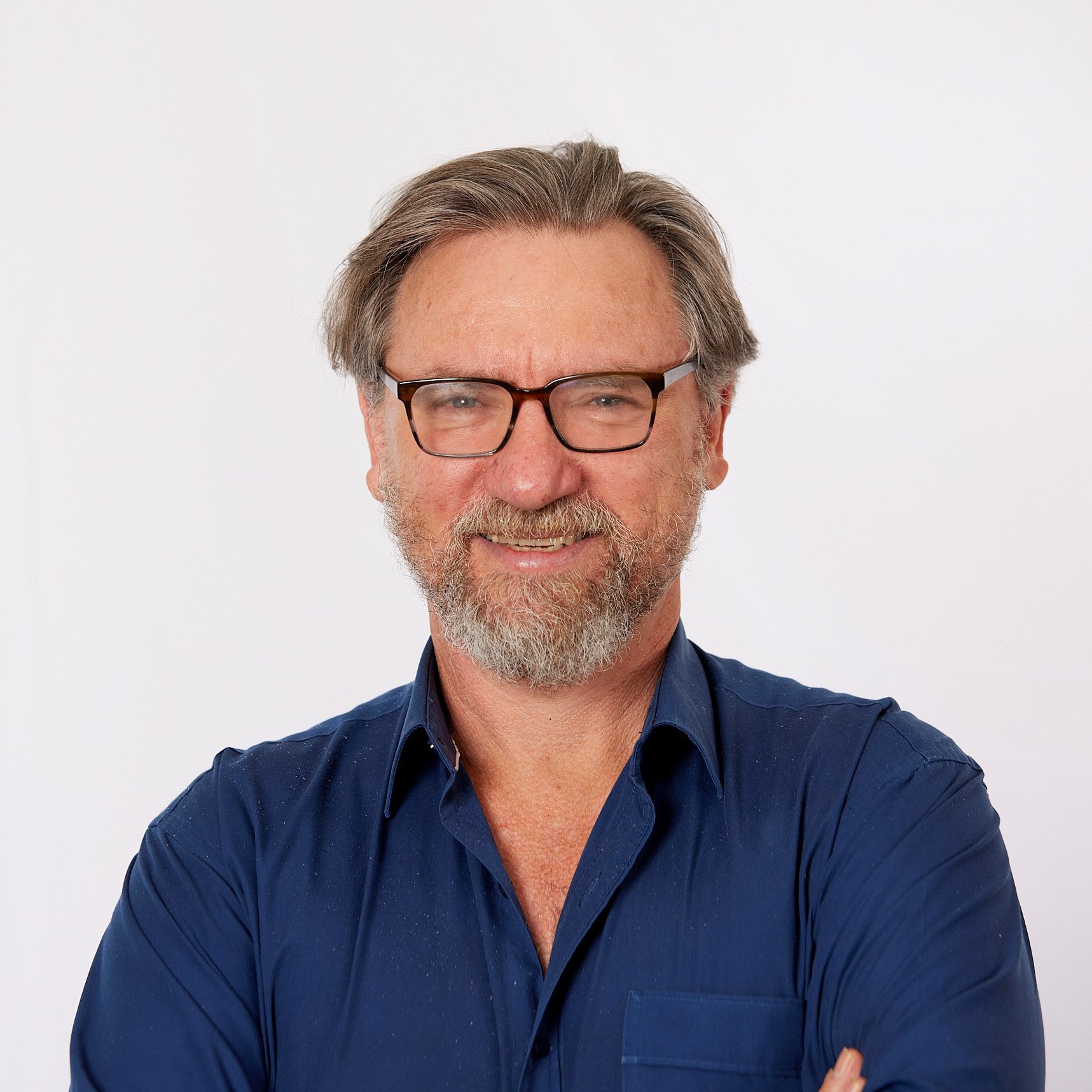
Peter Lewis
Co-Founder, Civility
Peter Lewis is the Founder of the collaborative engagement platform Civility, Executive Director of the progressive strategic communications agency Essential Media and a fellow with the Australia Institute’s Centre for Responsible Technology. He is a regular columnist with Guardian Australia and Fairfax newspapers, as well as the author of five books including Webtopia: the World Wide Wreck of Tech and How to Make the Net Work and The Public Square Project: Reimagining our Digital Future.
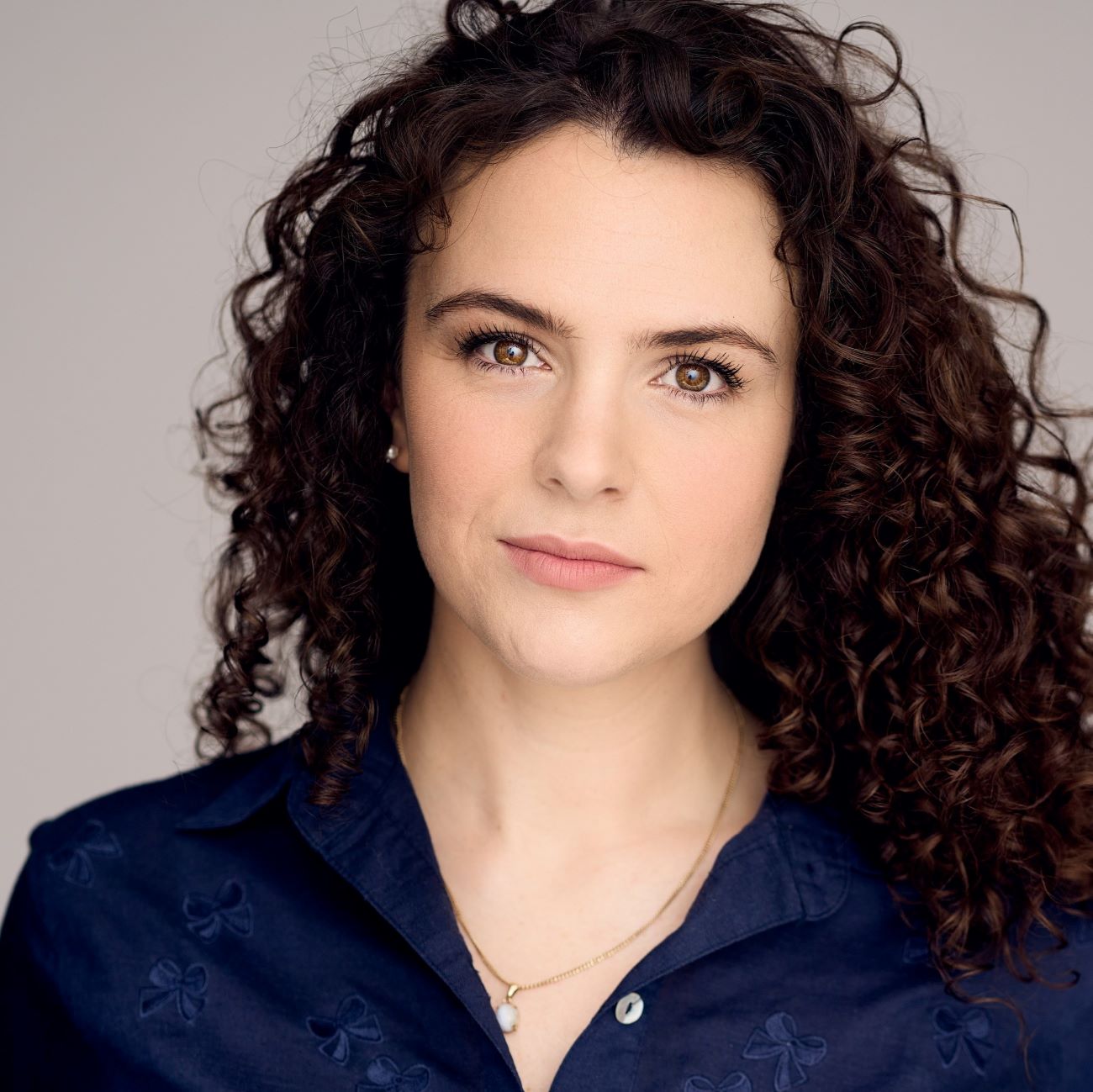
Eilish Maguire
National Senior Project Officer - Disaster Resilience, Australian Red Cross
Eilish Maguire is a National Senior Project Officer with the Disaster Resilience team at the Australian Red Cross, where she plays a critical role in building community and individual resilience to disasters, including heatwaves. With her extensive experience working in humanitarian organisations, she has been a key advocate for vulnerable communities and has managed several large-scale mobilisations for social change. In her previous role, Eilish managed the Telecross REDi program at the Australian Red Cross, which supports vulnerable people during extreme heat events. Throughout her career, Eilish has been an advocate for vulnerable communities and has worked to support those in need. Her background in community development, project management and advocacy has enabled her to make a meaningful impact on the humanitarian sector.
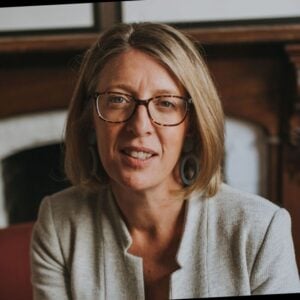
Vicki Mau
Director - Program, Australian Red Cross
Vicki Mau is the Director – Programs for Australian Red Cross, leading design, impact, influence and programming work in the areas of emergencies, migration, work alongside First Nations people, and community programming.
Vicki also co-chairs the Global Red Cross, Red Crescent, Migration Leadership Group, and has a passion for building partnerships and collaboration for humanitarian impact, as well as amplifying voices and engaging people with lived experience in all aspects of programming.
Prior to working with Australian Red Cross, Vicki spent the last 25 years in a range of roles with Australian and international agencies across Africa, the Middle East, and Australia, focussing on building technical capacity in local communities, community strengthening and advocacy on issues of humanitarian concern.
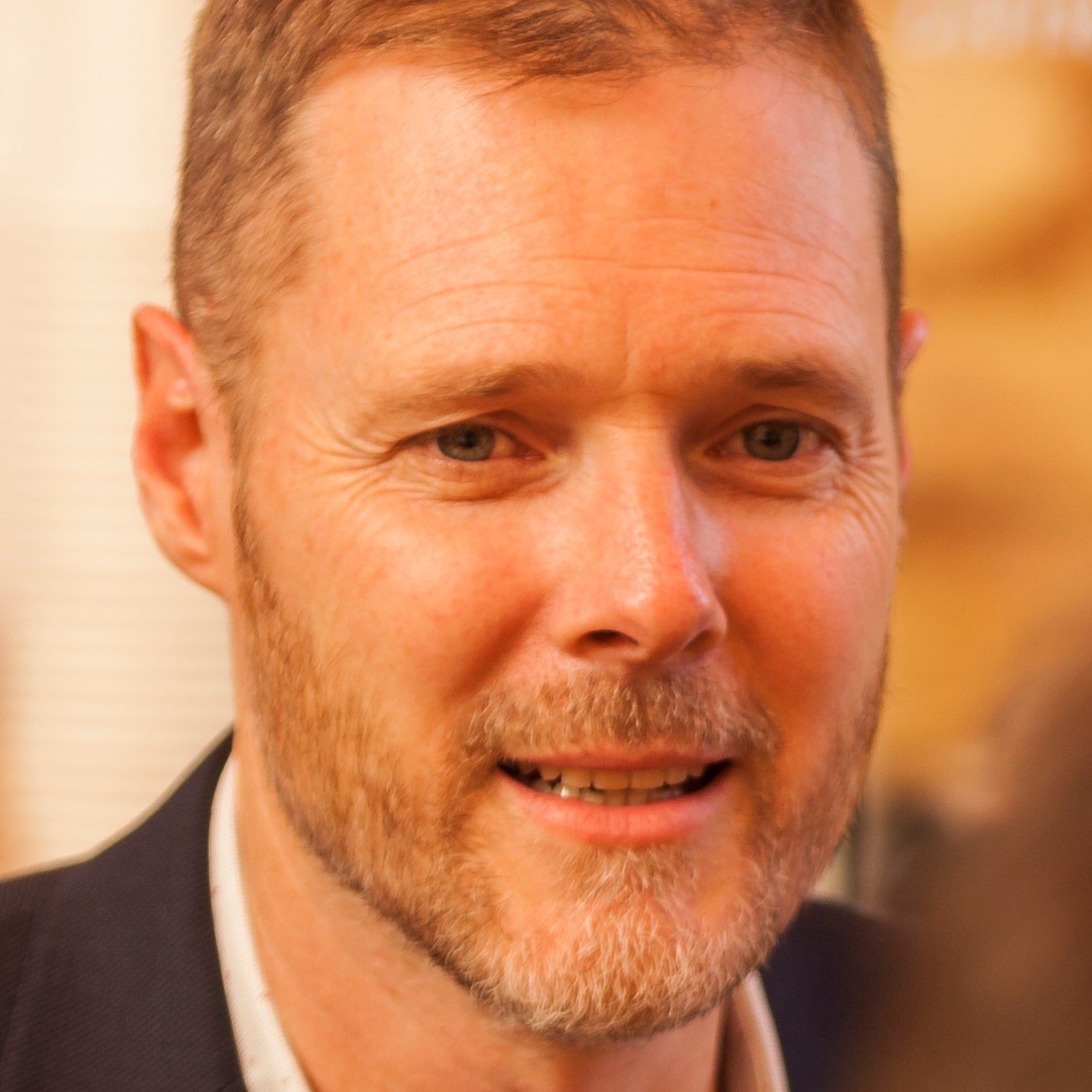
Anthony McCosker
Professor, Node Director & Chief Investigator, ADM+S Centre
Anthony McCosker is Professor of Media and Communication and Swinburne University Lead for the ARC Centre of Excellence for Automated Decision Making + Society (ADM+S). Anthony's research addresses digital inclusion and participation in new technology adoption, particularly in relation to health and social inclusion. As a Chief Investigator in the ADM+S Centre, Anthony is working with industry partners, government and not-for-profits to improve digital and data capabilities for our increasingly automated societies. He has received two Vice Chancellor’s Awards for industry-engaged research impact. His latest co-authored books are Everyday Data Cultures (2022, Polity), Data for Social Good: Non-Profit Sector Data Projects (forthcoming, 2023, Palgrave) and Automating Vision: The Social Impact of the New Camera Consciousness (2020, Routledge).
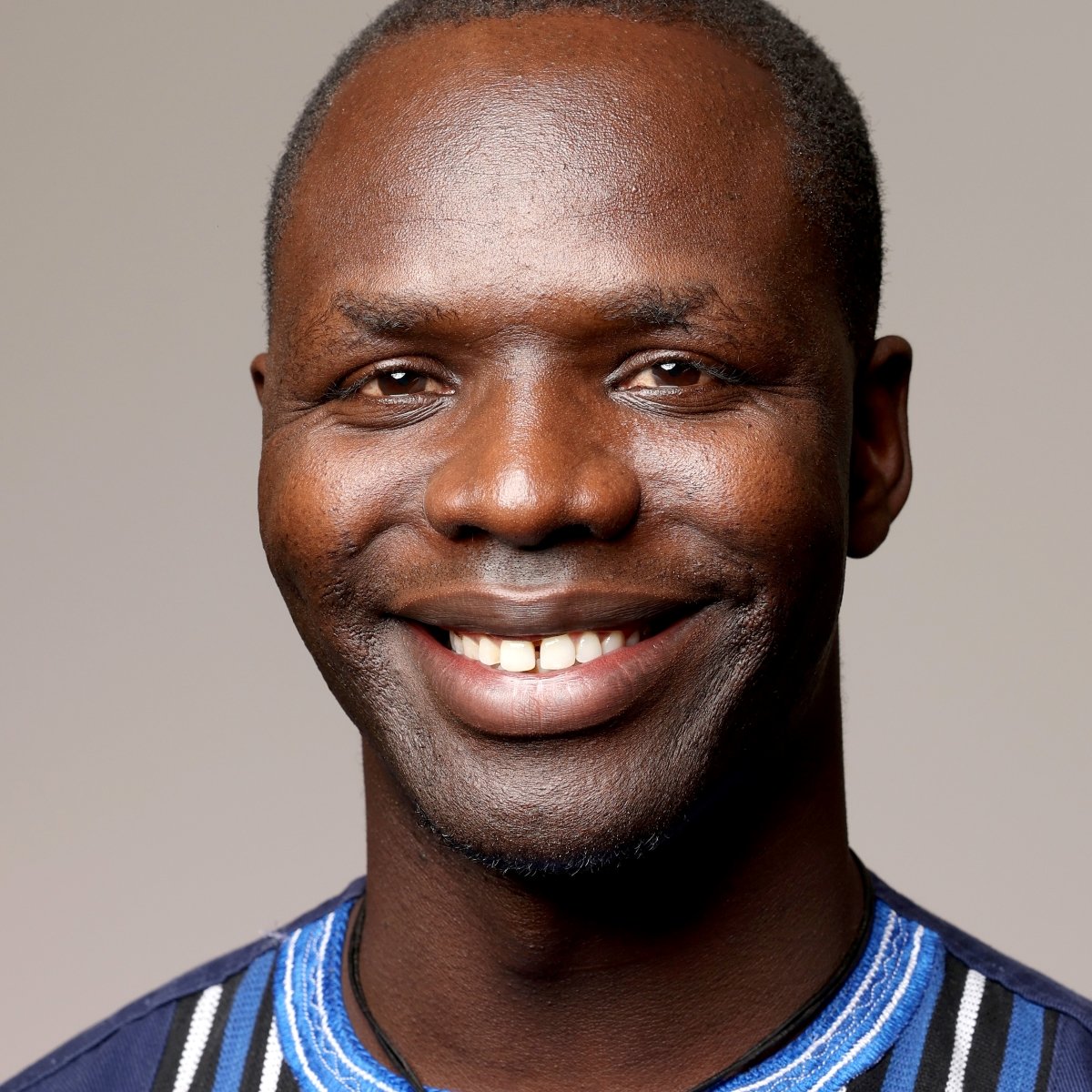
Chris Mesiku
Research Fellow, ANU School of Cybernetics
Chris Mesiku is a Research Fellow in the ANU School of Cybernetics. He is developing a set of tools to support stakeholders to design large private-sensitive data projects aimed at promoting human flourishing.
With expertise in physics, mathematical modelling and data visualisations, Chris’ career spans the intersections of STEM and social innovation. He currently holds a Machine Learning patent through IBM for his prototype of a low-cost constellation of all-sky cameras for predicting location specific solar irradiation. Within the last 2 years, Chris co-developed and piloted an interactive digital agriculture program for rural and remote Australian high schools in partnership with CSIRO and Microsoft Australia. Among various other roles, he has been an advisor to the International Council for Research in Agroforestry (ICRAF) as part of the multilateral Consultative Group on International Agricultural Research (CGIAR) which specialises in research for a food secure future.
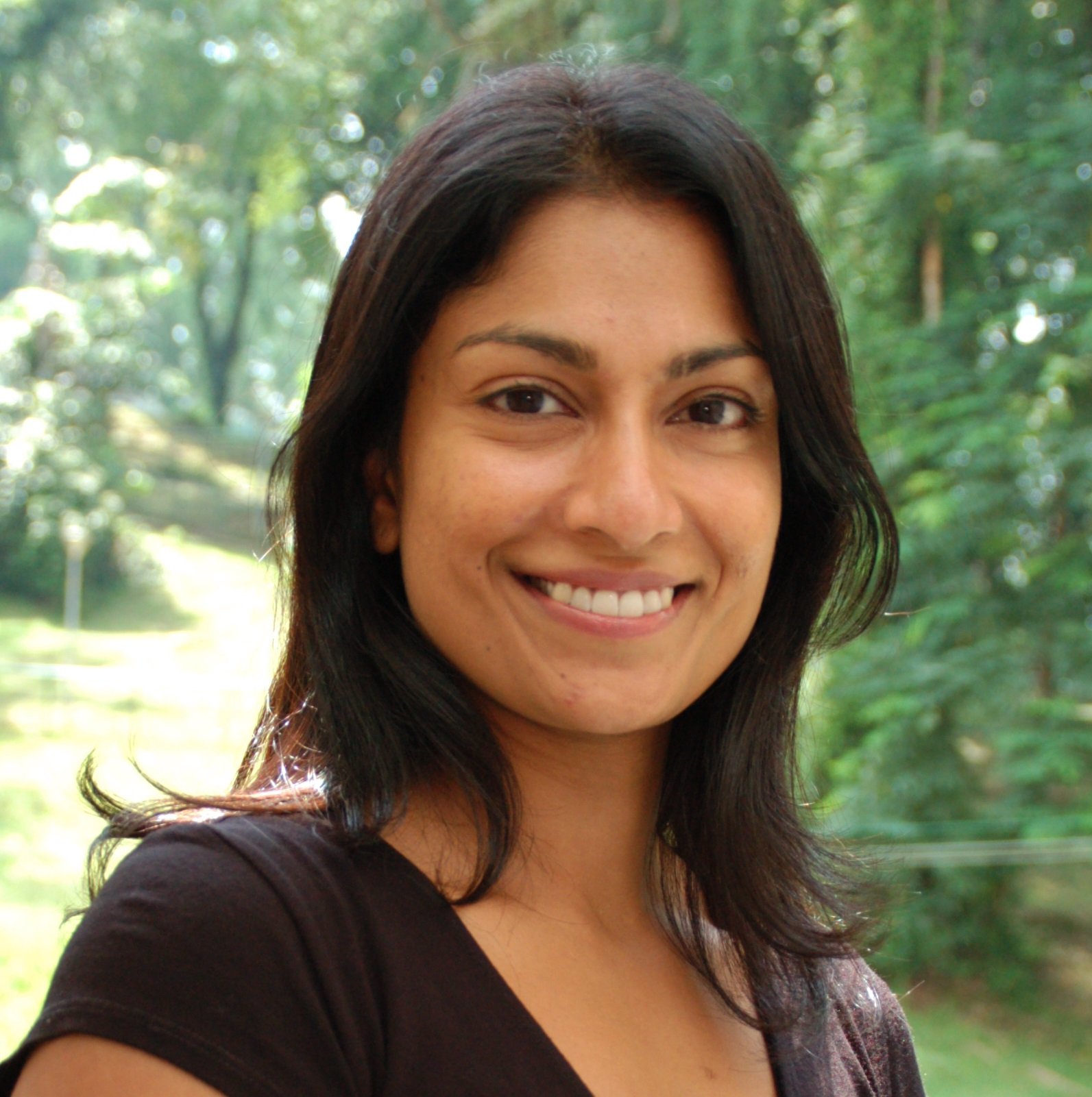
Sanushka Mudaliar
Director, Red Cross Red Crescent Global Migration Lab
Sanushka Mudaliar has over 20 years of experience in working in Australia, China, Singapore and the U.K on policy advocacy, research and global program management related to migration. Sanushka has worked for Oxfam Australia, the Association for Women's Rights in Development and the Lien Centre for Social Innovation at Singapore Management University, and as a specialist consultant on labour migration and human rights advising United Nations bodies (ILO, IOM, UN Women), and regional intergovernmental bodies (African Union, ASEAN) amongst others.

Adelide Mutinda
Innovation Manager, Humanitech, Australian Red Cross
Adelide Mutinda is the Innovation Program Manager at Humanitech, an initiative of Australian Red Cross and founding partner Telstra Foundation, where she leads the work of the Humanitech Lab, an innovation program that explores the role of technological innovation in meeting social and humanitarian need. The Humanitech Lab partners with innovators and startups that are leveraging the power of data and technology to solve the most pressing social and humanitarian challenges facing humanity and explores new approaches to designing and developing technology that is ethical and inclusive.
Adelide has over a decade of professional experience as a social change practitioner initiating, leading, and delivering innovative, evidence-driven, participatory solutions and impact-led initiatives across Asia, Africa, North America and Australia.
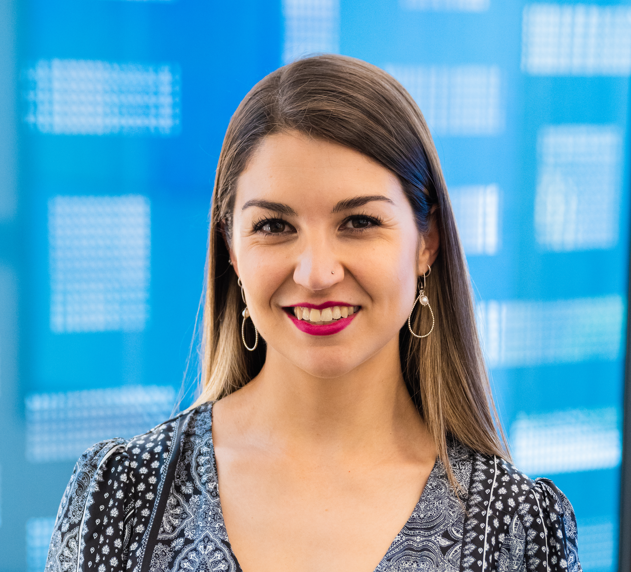
Lauren Perry
Responsible Technology Policy Specialist, Human Technology Institute
Lauren Perry manages major HTI projects, including the AI Strategic Training Initiative and the Facial Recognition Technology Model Law Project. She also delivers training in responsible AI and is a co-author of the 2022 report, Facial recognition technology: Towards a model law. Lauren’s areas of expertise include human rights, public policymaking, and the social and organisational implications of new technologies. Lauren completed her Masters in Public Policy in 2022 with a research dissertation on ‘Improving interorganisational collaboration for the development of AI policy in Australia.’
Prior to joining HTI, Lauren worked at the Australian Human Rights Commission in research, project and policy roles across the Human Rights Scrutiny and Disability Rights Team. From 2018 to 2020 she worked on the Human Rights and Technology Project, undertaking research and co-ordinating the national consultation and public engagement for the Project. In addition, Lauren worked on projects related to freedom of religion, disability employment rights, and safeguarding the rights of people in all forms of detention. In 2021, she established the IncludeAbility Employee Network, connecting a number of Australia’s largest public and private sector employers who are committed to increasing employment opportunities for people with disability
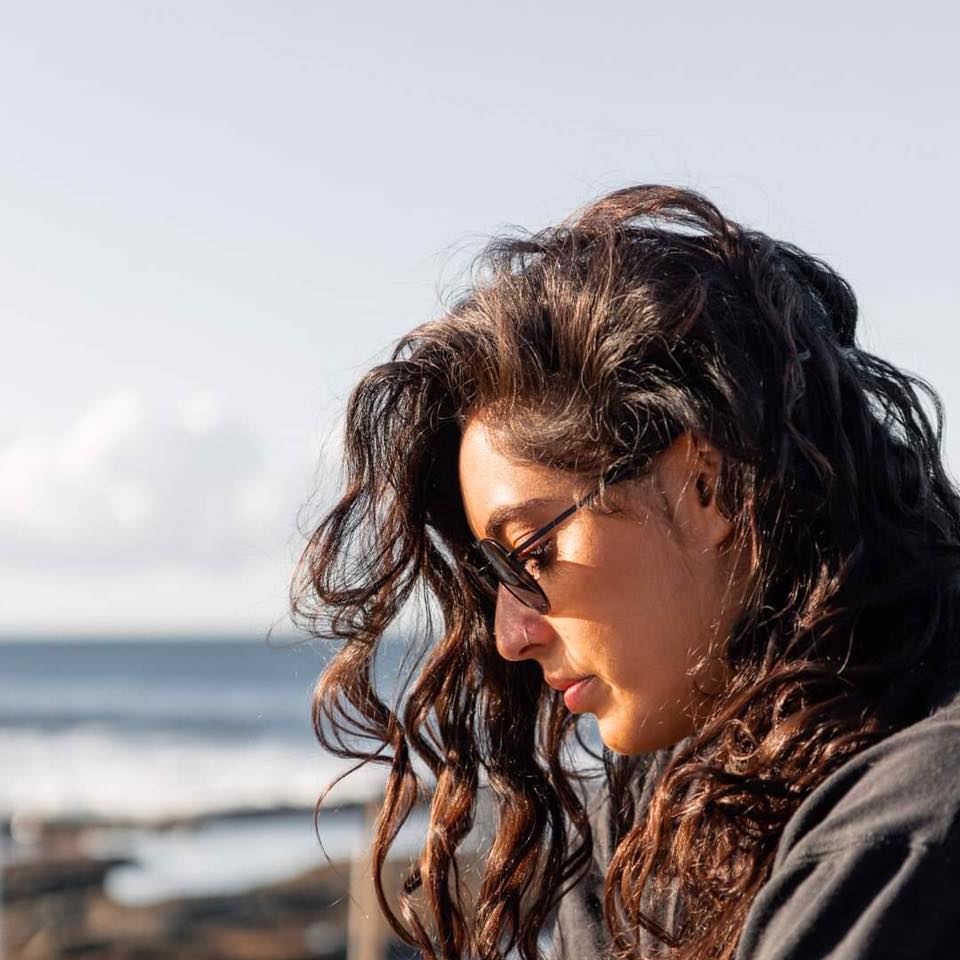
Dr. Emma Quilty
Research Fellow, Department of Human Centred Computing
Emma Quilty is a Postdoctoral Research Fellow with the ARC Centre of Excellence for Automated Decision-Making + Society, and the Emerging Technologies Lab at Monash University. A sociocultural anthropologist by training, Emma is an expert in ethnographic research with a focus on queer-feminist methodologies for studying power. Her work identifies repeated patterns of gendered violence and their institutional rituals, tracing threads from historical witch hunts to contemporary society. She also uses anthropological theories of trust to study how people make sense of the world and future of technology. Her approach to research draws on her background working in mental health where she began developing a framework of feminist care practices. She applies this approach to studying hidden gender biases in emerging technologies, using experimental and visual methods such as film-making to bring these issues to life. Recently she produced a short film in collaboration with the not-for-profit organisation She's a Crowd, exploring the dynamics of power, gender and trust as they collide and intersect with rideshare technologies.
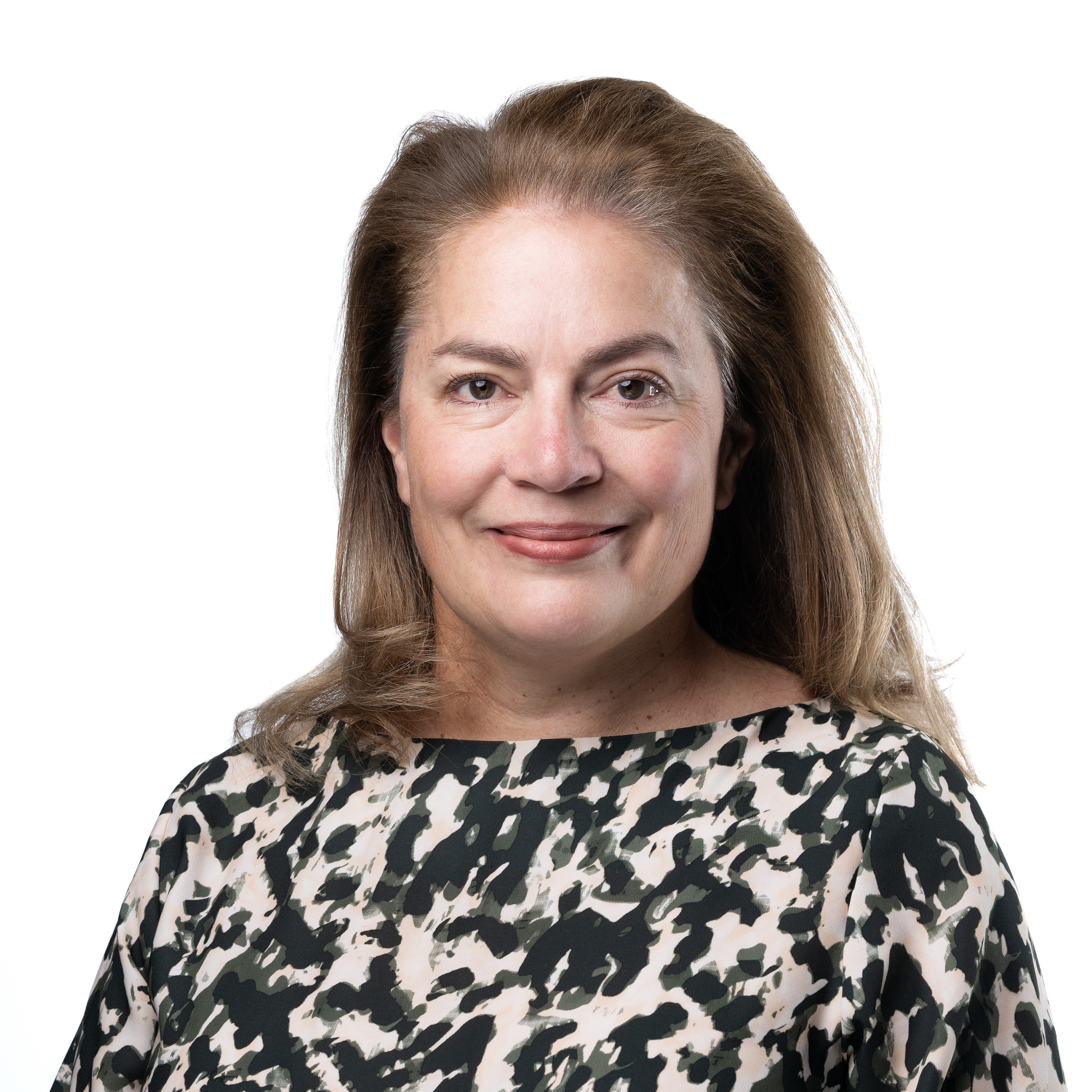
Justine Rowe
Chief Sustainability Officer, Telstra
Justine Rowe is Telstra’s Chief Sustainability Officer. As a transformational changemaker, Justine and her team are responsible for the delivery of policy advice, stakeholder management and community initiatives across regulatory, sustainability and regional affairs.
Justine’s experience merges significant experience in legal and external relationship management. In her career at Telstra she has supported CEO, Andy Penn as Chief of Staff, led the Strategic Policy and Transformation group in Sustainability, External Affairs and Legal, along with leading a global team of lawyers as Legal Executive and Business Partner for Telstra Enterprise. Justine is also proud to be on the board of the Telstra Foundation, Telstra’s purpose-led philanthropic arm. Prior to Telstra, Justine worked in-house in the electricity sector after starting her legal career in private practice.
Born in Perth, Justine studied law at the University of Western Australia. She has a personal passion to inspire and develop diverse and engaged teams committed to positively impacting our planet, business goals and broader communities.
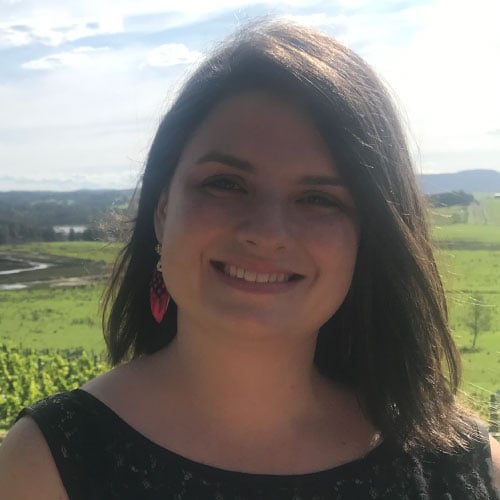
Lorenn Ruster
Responsible Tech Collaborator, Centre for Public Impact and PhD Candidate at School of Cybernetics, Australian National University
Lorenn Ruster is a responsible technology collaborator with the Centre for Public Impact, and current PhD student at the Australian National University’s School of Cybernetics. For 10 years, Lorenn was a strategy consultant, most recently a Director focused on Systems Change at PricewaterhouseCooper’s Indigenous Consulting. She's also an Acumen Global Fellow where she spent a year working with a Ugandan Solar Energy company as their Marketing and Innovation Director and an alumnus of Singularity University's Global Solutions Program where she prototyped high tech hardware leveraging sensor technology for community-led landmine detection. In addition to her Master in Applied Cybernetics, she holds a Master of International Management specialising in social business where she studied social entrepreneurship at Copenhagen Business School and was a part of a Business & Poverty specialisation, chaired by Muhammad Yunus, at HEC Paris. Her PhD research investigates how entrepreneurial ecosystems could enable the development of dignity-centred artificial intelligence.
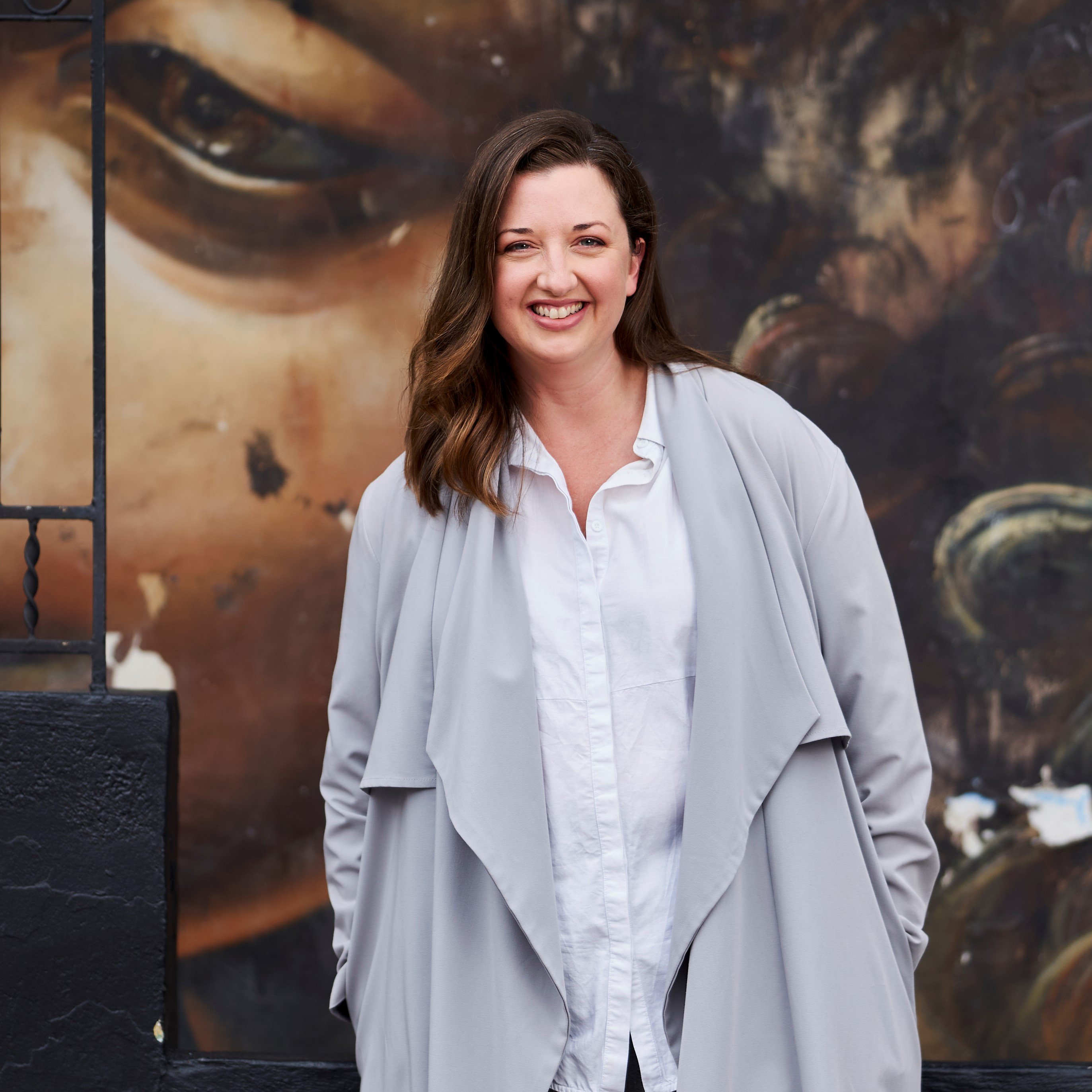
Bonnie Shaw
Co-Founder, Place Intelligence
Bonnie Shaw is co-founder of Place Intelligence, a geo-ai company focused on democratising access to big data to support evidence based design, policy and decision making
Her career as a landscape architect and urban designer was derailed early on when she designed a globally popular game and became immersed in the dark underbelly of London street gaming, interactive theatre and emerging technology. This led to fellowships at the Institute for Contemporary Arts (London) and the Senseable Cities Lab at MIT (Boston).
Since then, Bonnie has worked at the forefront of advanced technology development and innovation, strategic change management and community engagement with organisations as varied as the (Obama) Whitehouse, Capital One Bank, Foundation for Young Australians, NASA, the World Bank, and Hilton Hotels. In her role as the Smart City Practice Lead at the City of Melbourne, Bonnie helped to establish and lead Australia’s first (and multi-award winning) Smart Cities team.
Bonnie has held adjunct professor roles at both Georgetown University (Washington DC), Melbourne Business School (Melbourne VIC), and is a regular contributor to ANZSOG programs to support data maturity in government.
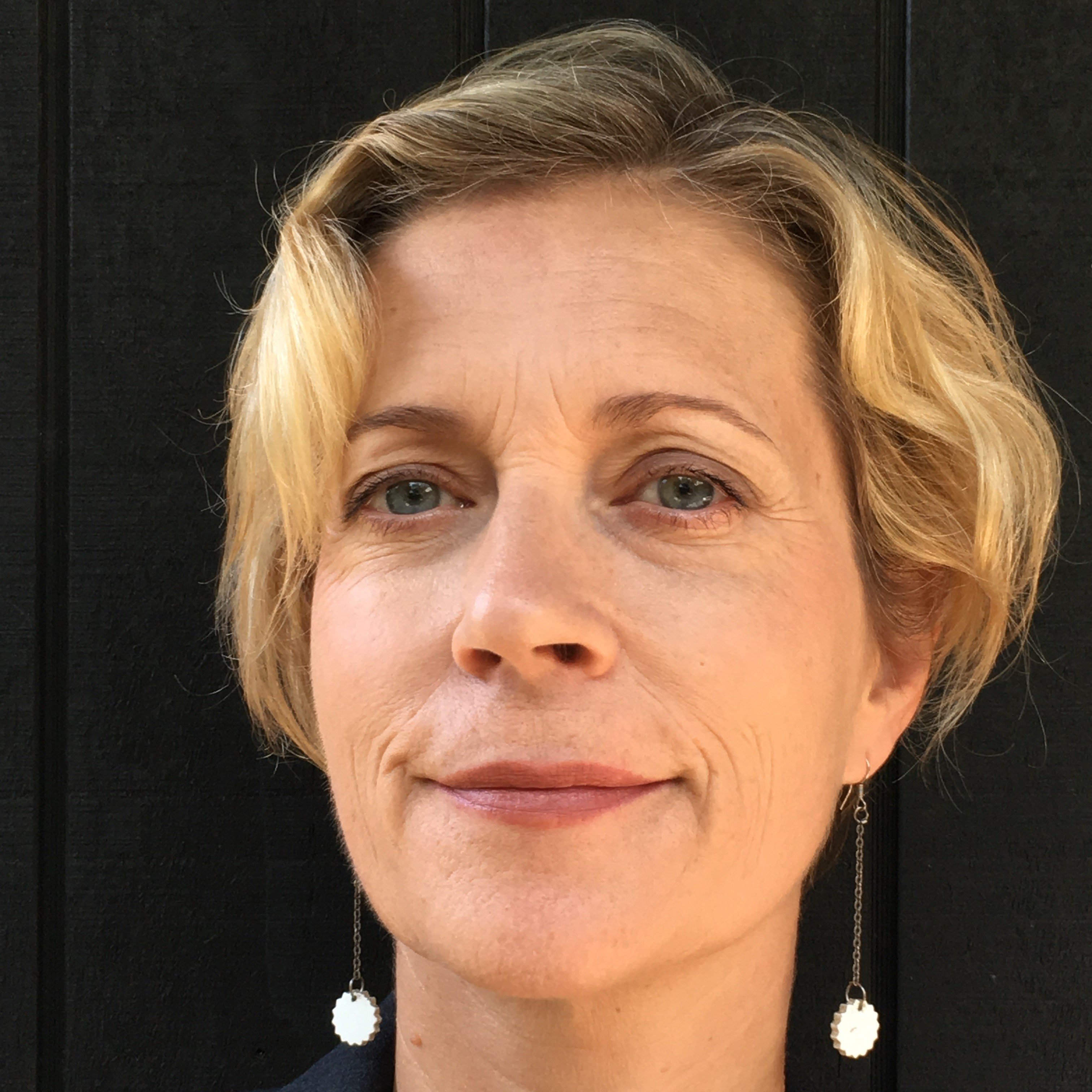
Katy Southall
Head of Humanitech, Australian Red Cross
As Head of Humanitech, Katy Southall leads the Australian Red Cross initiative exploring the role of technology in meeting humanitarian need. This follows a 30-year career in the humanitarian and for purpose sectors, both as a consultant and in senior roles with Oxfam, Save the Children and IFRC. Katy has also held a range of governance positions, including on the Board of girls' education INGO One Girl. As former Manager of the Trust Alliance for the Australian Red Cross, Katy led a network of private, public and for-purpose organisations to develop and use shared standards and design principles for ethical digital identity. Katy has consulted for private, public and NFP organisations, including DFAT, global startups, early-stage investors and advocacy organisations. She has lived and worked across Asia Pacific, Central and North Africa, Europe and the UK. Above all, Katy is known as a social innovation strategist and doer, with an ability to broker and build impactful networks and partnerships that unlock collective value.
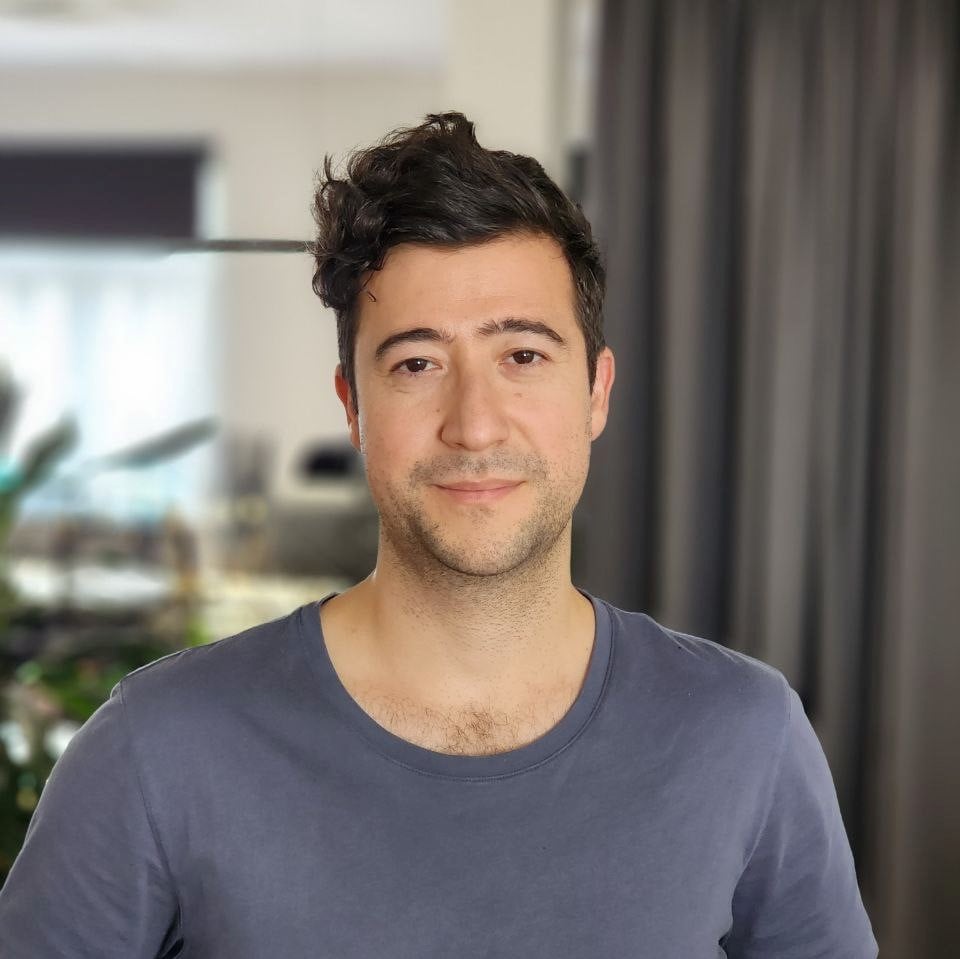
Arash Tayebi
Co-Founder and CEO, Kara Technologies
Arash Tayebi is the Co-Founder and CEO of Kara Technologies. He received his PhD in electrical engineering from the University of Auckland. Losing hearing in one ear in 2017 made Arash interested in the Deaf community and their problems. This experience was the impetus to form Kara.
Arash recognises himself as a problem solver, with a passion to provide scalable solutions for the challenges of the modern world. He received the University of Auckland Blue Award for Innovation in 2019 and was recognised as one of the University of Auckland’s 40 Under 40 alumni in the Disruptors and Innovators category. Arash is a fellow at Edmund Hillary Fellowship.
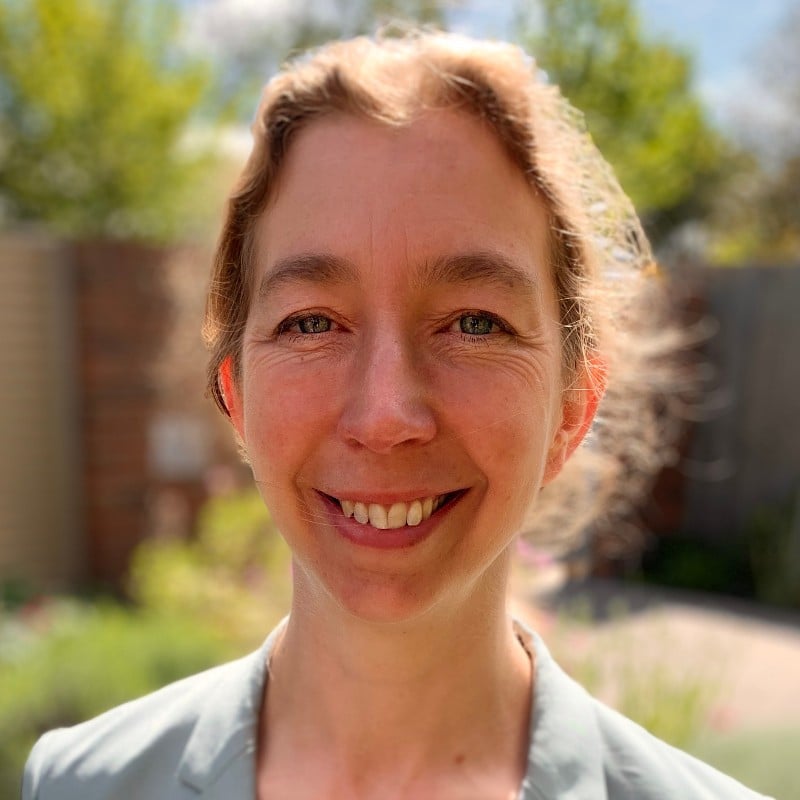
Vanessa Teague
Chair, Democracy Developers; Cryptographer CEO, Thinking Cybersecurity and Adjunct Associate Professor, Research School of Computer Science, ANU
Vanessa Teague is the Chairperson of Democracy Developers, the CEO of Thinking Cybersecurity and Associate Prof (Adj.) in the Research School of Computer Science at the Australian National University. Her research focuses primarily on cryptographic methods for achieving security and privacy, particularly for issues of public interest such as election integrity and the protection of government data. She lives and works on Wurundjeri land in Southeastern Australia (near Melbourne).
She'll talk about the Ask Parliament project. We're building a mobile app that provides an easy and accessible way for you to direct questions to parliamentary representatives. It’s designed to improve democratic communication by aggregating important questions directed to an MP or committee for an answer.
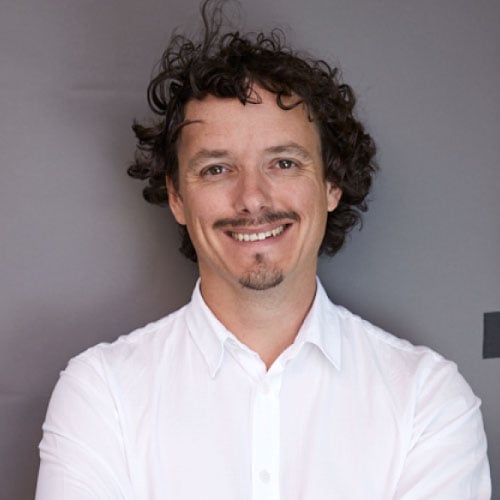
Chris Vanstone
Chief Innovation Officer, The Australian Centre for Social Innovation
Chris Vanstone and The Australian Centre for Social Innovation (TACSI)’s work aims to bring social innovation practices into the mainstream; so that we’re all better equipped to come together and face today’s challenges whilst building a future we want to live in.
Chris started his career designing biscuits and razors. He was a founding member of the UK Design Council’s RED team (where his first project was the Double Diamond), Participle (where he worked with Hillary Cottam) and then TACSI – where he co-lead the teams that developed Family by Family and Weavers, both winners of Australian International Design Awards.
Chris writes, talks, teaches and advises on building the capabilities, conditions and infrastructure for social purpose innovation. Recently he’s been: running a foundation course in social innovation, developing the idea of People Powered Social R&D, writing about how to start community-led initiatives well, and developing the Seven Thread framework for allyship.
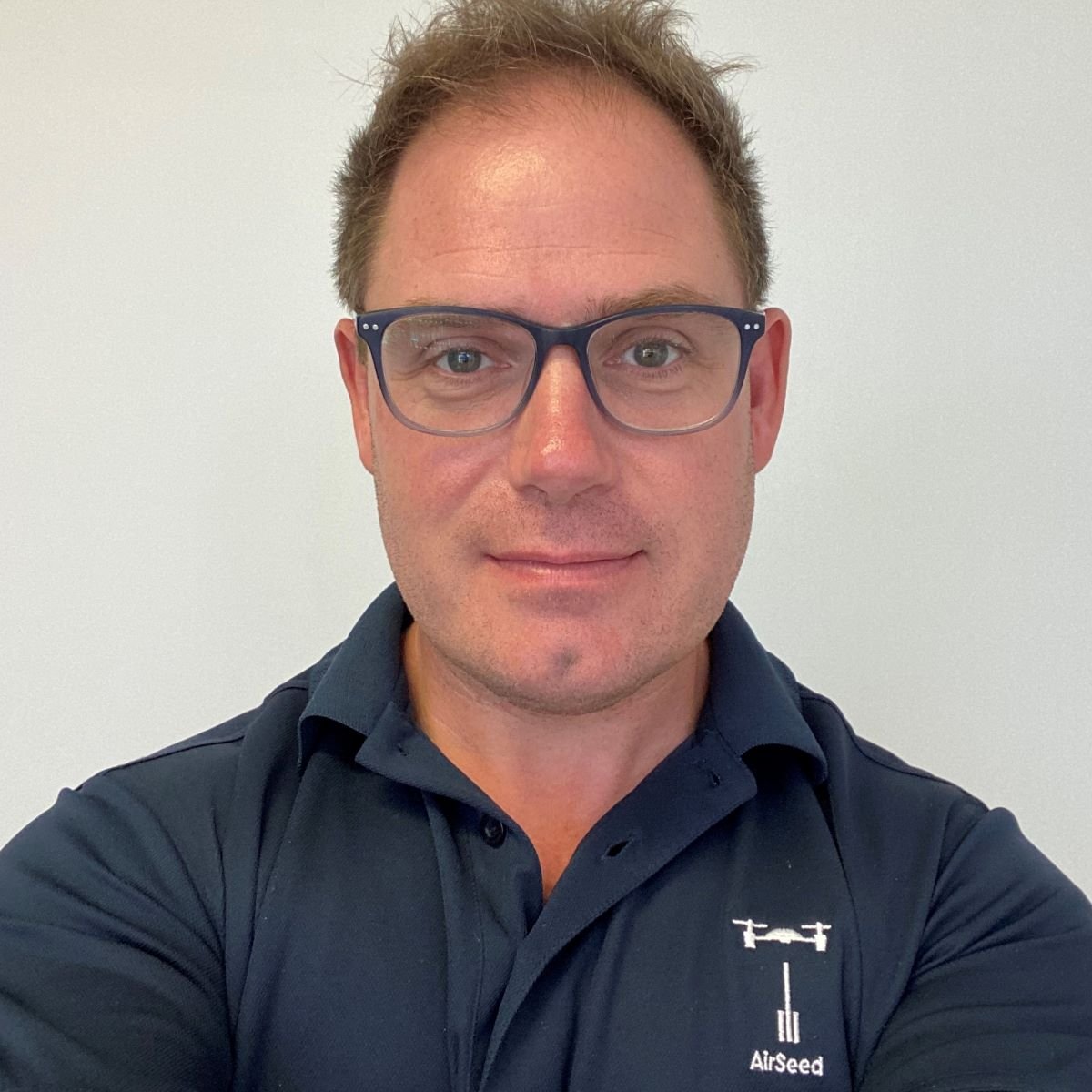
Andrew Walker
Director, CEO and Co-Founder, AirSeed Technologies
Andrew Walker is a senior leader, mechanical engineer and entrepreneur with over 20 years’ experience within the automotive/aerospace design sector for companies such as BMW and AirBus Industries.
Andrew holds a BEng (Hons) in Mechanical Engineering and has experience successfully building companies, scaling-up his own engineering and manufacturing business. Andrew leads all project initiatives whilst also being heavily involved in the engineering and development of all drone and manufacturing plant hardware.
A fast-growing environmental restoration company, AirSeed has developed specialised tree-planting drones equipped with machine learning capabilities and patented seed pod biotechnology to rapidly replant large areas of land to accelerate global-scale reforestation. AirSeed drones can each plant up to 40,000 seed pods a day, access remote, hazardous and inaccessible areas and GPS tag every seed pod planted. AirSeed's mission is to plant 100 million trees by 2024 and accelerate the restoration of lost biodiversity.
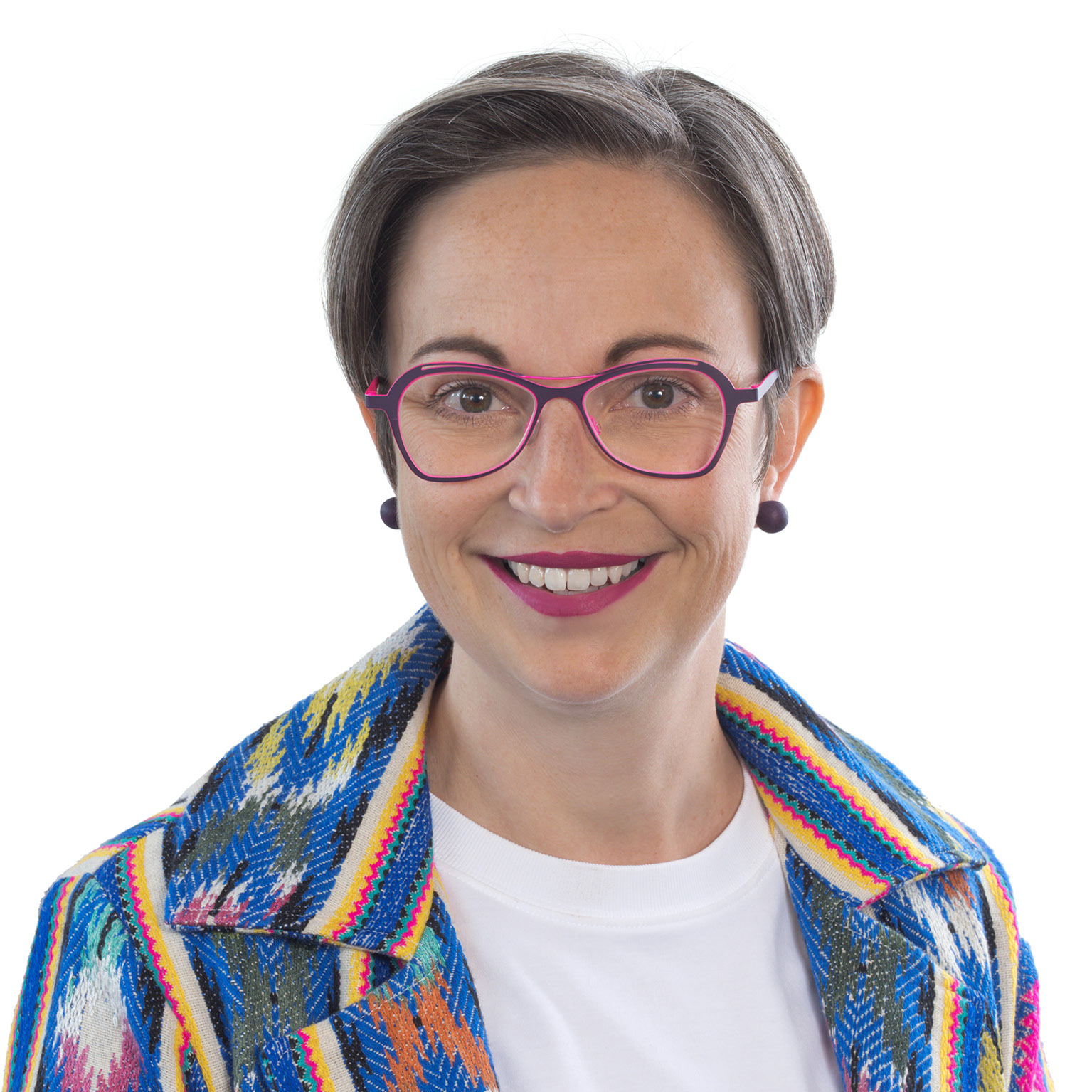
Prof. Johanna Weaver
Director, ANU Tech Policy Design Centre
Professor Johanna Weaver is the founding Director of the Tech Policy Design Centre at the Australian National University.
In June 2021, Professor Weaver completed her term as Australia’s independent expert and lead negotiator on cyber issues at the United Nations. In this role she engaged with governments, industry, and civil society to shape national and international tech regulation. Earlier, Professor Weaver led the Cyber Affairs Branch at the Australian Department of Foreign Affairs and Trade, working closely with Australia’s inaugural Ambassador for Cyber Affairs.
Professor Weaver is a member of the International Committee of the Red Cross (ICRC) Global Advisory Board on digital threats during conflict. She is also a regular guest lecturer at the Australian National Security College.
Professor Weaver is a former diplomat, a reformed commercial litigator, and an unapologetic international law nerd. Proudly neurodiverse herself, Professor Weaver is a passionate advocate for diversity and inclusion.
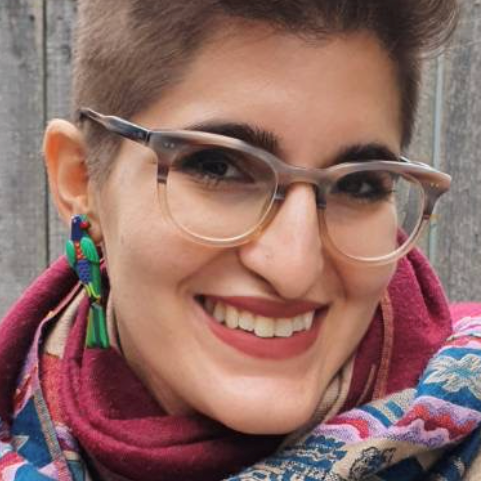
Dr. Nazanin Zadeh-Cummings
Associate Director of Research, Centre for Humanitarian Leadership & Senior Lecturer in Humanitarian Studies, School of Humanities and Social Sciences, Deakin University
Dr Nazanin Zadeh-Cummings is the Associate Director of Research at the Centre for Humanitarian Leadership, a Deakin University/Save the Children Australia partnership, and Senior Lecturer in Humanitarian Studies at the School of Humanities and Social Sciences at Deakin University. Nazanin’s main areas of research are humanitarian education and training, and humanitarian engagement in North Korea. She holds a PhD in Asian and International Studies (City University of Hong Kong), a joint Master’s in International Humanitarian Action (Ruhr-Universität Bochum/Université catholique de Louvain), a Master’s (Honours) in International Relations (University of Edinburgh), and a Graduate Certificate in Higher Education Learning and Teaching (Deakin University). Nazanin is from Massachusetts, USA.

